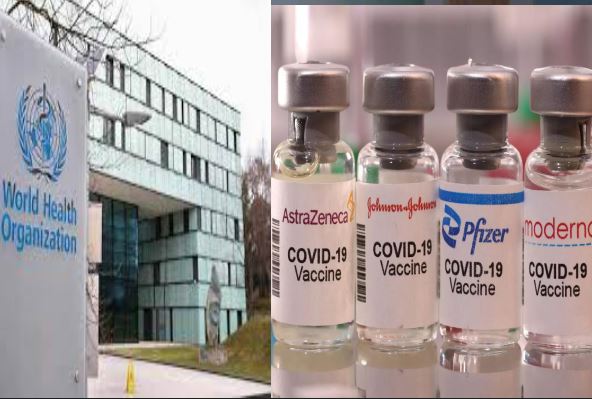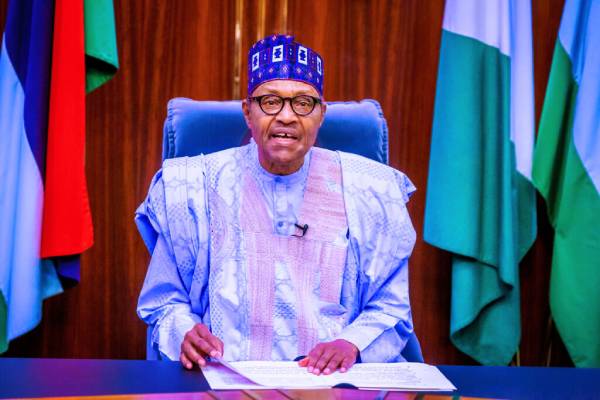The World Health Organization committee has asked COVID-19 vaccine manufacturers to provide the information it needs to identify their vaccines for emergency use, arguing that the delays were limiting equal vaccine access.
According to WHO committee “Shots can be supplied to various underdeveloped countries that rely on WHO guidelines for regulatory decisions thanks to an emergency use listing with the UN agency. It also enables them to be utilised through the COVAX vaccine-sharing program, which attempts to increase vaccination rates in underdeveloped countries,
“The Committee recognized the challenges posed by some manufacturers’ delayed submission of vaccine data to WHO,” its Emergency Committee said in a statement, urging vaccine producers to supply the data as soon as possible.
The statement, which was issued following a closed-door meeting last week, did not specify which manufacturers had yet to submit data.
The Sputnik V vaccine, manufactured by the Gamaleya Institute, was classified as having submitted inadequate data in a WHO document dated Dec. 23.
Every three months, the Emergency Committee, which is made up of independent specialists, meets to offer policy recommendations on crucial topics related to the coronavirus pandemic, such as international travel restrictions and COVID-19 vaccines.
COVID-19 was initially proclaimed a global health emergency, or ‘PHEIC’ (Public Health Emergency of International Concern) in WHO nomenclature, over two years ago by this committee inside the WHO. Last Monday, its members unanimously agreed to keep the existing state of emergency in place.





